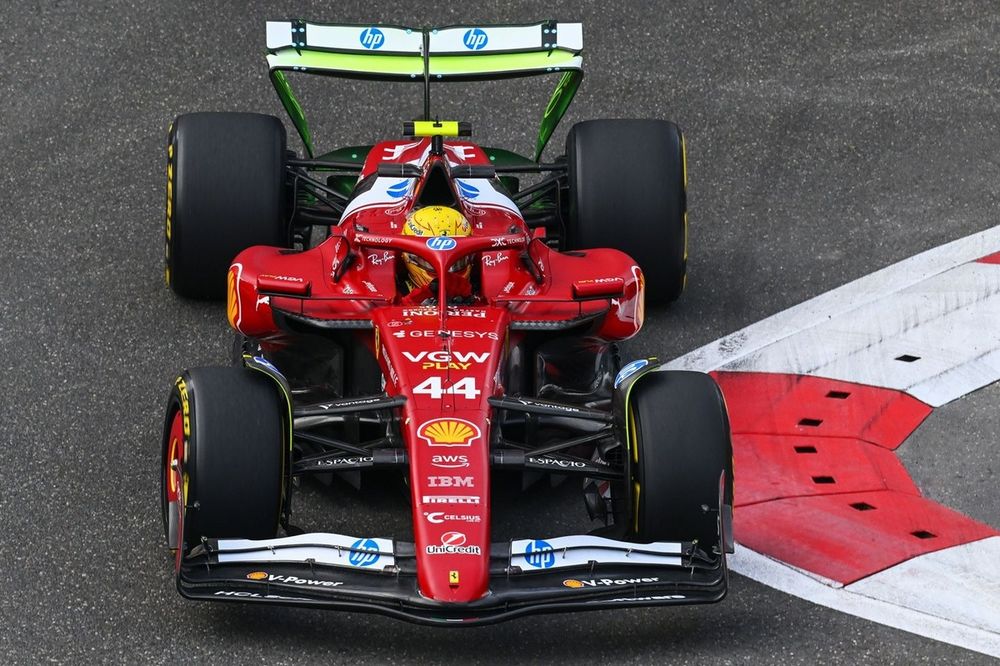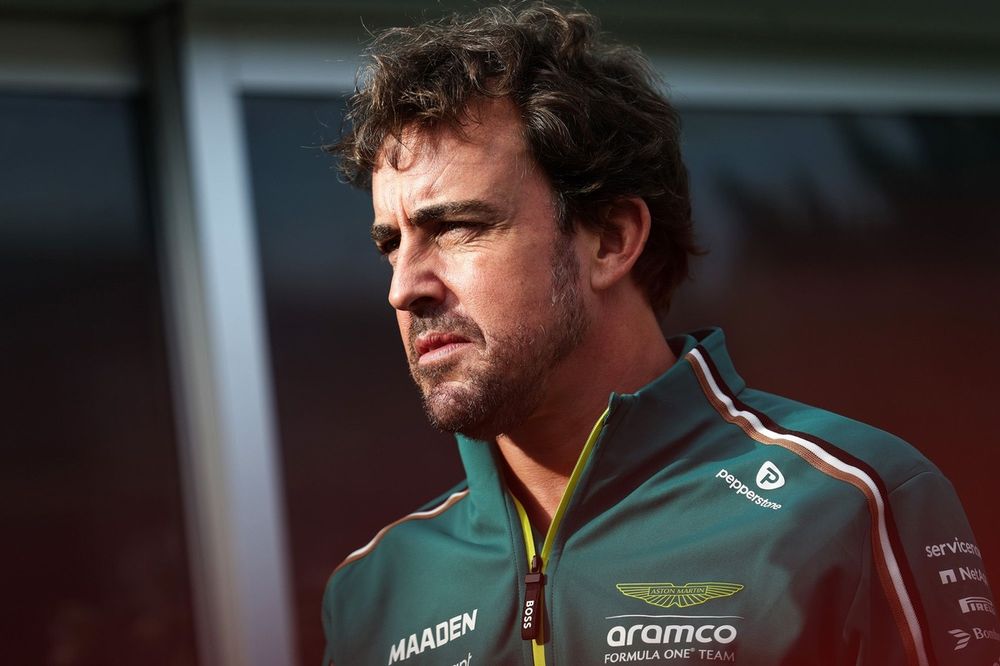
McLaren Defends F1 Team Orders Amidst Historical Comparisons
McLaren team principal Andrea Stella is at the center of a debate over team orders in Formula 1, drawing comparisons to controversial incidents from the past, specifically the 2002 Austrian Grand Prix and the 2010 German Grand Prix, where Stella was also involved. Despite criticism, Stella maintains that McLaren's approach is based on 'racing principles' and aims to protect team unity, acknowledging external 'noise' but standing firm on internal decisions.
Why it matters:
McLaren's handling of team orders has ignited a discussion about fairness and competitive integrity in F1. With Stella's direct experience in past contentious situations, his current measured stance provides a stark contrast to the 'sheer bloody-minded arrogance' that characterized Ferrari's responses in 2002 and 2010. This approach could redefine how F1 teams balance individual driver ambition with strategic team objectives, particularly as the sport heads into a major rules reset next year.
The Details:
- Stella's Historical Context: Andrea Stella was Michael Schumacher’s performance engineer at the 2002 Austrian Grand Prix when Rubens Barrichello was ordered to cede the lead to Schumacher. He was also Fernando Alonso’s race engineer in 2010 when Felipe Massa received the infamous “Fernando is faster than you” message at the German Grand Prix.
- Ferrari's Past Arrogance: In both 2002 and 2010, Ferrari faced heavy criticism for their blatant use of team orders. In 2002, team principal Jean Todt displayed 'po-faced hauteur' and 'smugness' even as Schumacher was booed on the podium, dismissing public outcry and accepting a $1 million fine with 'studied nonchalance'.
- McLaren's Stance: Stella characterizes the current conversation around McLaren's driver management as 'external noise' but insists that respectful comments are welcome and considered internally. He emphasizes that McLaren's decisions are not about manipulating outcomes to favor a 'number one' driver, but rather adhering to 'racing principles' and protecting team unity.
- Recent Incidents: McLaren has been more open in orchestrating its drivers this season. At Monza, Oscar Piastri pitted first to counter a threat from Charles Leclerc, but a slow pit stop for Lando Norris reversed their track positions. The team then instructed a swap, which Piastri questioned only to confirm it aligned with pre-agreed scenarios.
- Consistency in Strategy: Stella cited last year's Hungarian Grand Prix as an example of consistent application of their 'racing principles', where Norris undercut Piastri after strategic pitting to protect against a threat from Lewis Hamilton.
Between the lines:
Stella's past experiences with controversial team orders seem to have shaped his current, more diplomatic approach. Unlike Ferrari's past dismissiveness, McLaren under Stella acknowledges external opinions, even if they ultimately prioritize internal 'racing principles'. This shift reflects a team keen to avoid the public relations disasters of the past while still strategically managing their drivers to optimize team performance and maintain a unified front. The objective is clearly to prevent internal rivalries from escalating into public feuds like those seen between Senna/Prost or Hamilton/Rosberg.
What's next:
As F1 approaches a major rules reset, McLaren's ability to maintain team unity and a consistent, transparent approach to driver management will be crucial. If Stella can successfully navigate the 'external noise' and demonstrate that McLaren's 'racing principles' are fair and effective, it could set a new standard for how teams manage their drivers in an increasingly competitive era. The challenge will be to ensure that the 'perception outside the tent' aligns more closely with the team's internal rationale, avoiding accusations of mere 'orchestration'.
Original Article :https://www.motorsport.com/f1/news/is-mclaren-right-to-hit-back-at-critics-of-f1...










